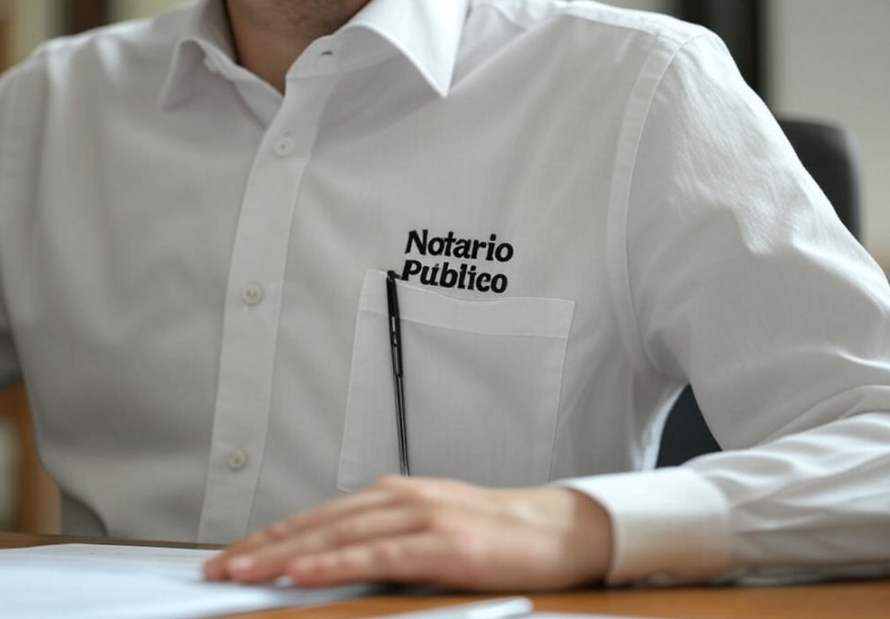For decades, Florida has faced a grave dilemma: import labor or import food.
We’ve chosen (correctly, in my view) to import labor. While a certain amount of fair trade with Mexico, Canada and even China is good, we do not ever want to depend on them for our next meal.
A coming transformation in Florida agriculture offers a way out of this dilemma. Artificial intelligence and other technologies could substantially reduce the labor needed to plant, pick, and pack.
At the same time, it changes the kind of labor we need.
Farmers, foresters, and ranchers will need highly skilled, technologically proficient employees. They’ll need drone operators, programmers, data analysts, and jobs we haven’t even considered yet.
If we don’t act now, we won’t have that labor force.
Fortunately, it’s an opportune moment to act. The University of Florida has made a historic investment in artificial intelligence, including 16 new faculty experts in AI in UF’s Institute of Food and Agricultural Sciences (UF/IFAS) and one of U.S. higher education’s most powerful AI supercomputers.
When he took the gavel as Senate President in November, Ben Albritton called for a “rural renaissance” with legislative support for innovation in rural Florida, specifically mentioning agriculture as a sector that could benefit.
The Florida Department of Commerce has already challenged UF/IFAS to cultivate a statewide network of agtech workforce development programs that creates a homegrown talent pipeline. We call it the AgTech Accelerator.
Graduates of these programs at state colleges, technical schools and high schools will comprise the trained workforce that meets the challenge if agriculture is to remain a $200-billion-plus economic driver of Florida’s economy.
This talent pool will also start new businesses. The AgTech Accelerator’s longer-term vision is to provide entrepreneurship training through a network of hubs at UF/IFAS Extension offices and other sites. These hubs will also be the gateway for investors and businesses seeking opportunities in rural Florida.
Florida is on its way to becoming the Silicon Valley of Agriculture. UF/IFAS is currently in the planning stage of a Center for Applied Artificial Intelligence in Agriculture near Tampa that will turbocharge its work, building the machines and developing the technologies that will transform agriculture the way the tractor, fertilizers, and genetics did in previous generations.
For example, UF/IFAS faculty are already developing the technology to count hundreds of thousands of trees in just hours with an eye in the sky instead of hundreds of hours by people walking groves on the ground.
UF/IFAS faculty members are also developing a machine that uses AI to spray herbicides only on weeds, not your food. AI is helping our plant breeders isolate the genetic combinations most likely to produce great-tasting berries and, yes, tomatoes.
However, Florida farmers and rural economies won’t benefit from these technological advances if we don’t develop the talent to use these innovations and prepare the workforce for high-wage jobs that can drive a rural renaissance.
Here’s a chance for more people who produce your food, feed, fuel, fiber and foliage to boost their incomes and grow the Florida economy.
In partnership with state colleges and technical schools and with support from the Department of Commerce, Department of Education, and the Governor’s Office of Reimagining Education and Career Help, UF/IFAS is laying the groundwork for the first new agtech workforce programs.
Farming long ago stopped being about cows, sows, and plows. It’s increasingly becoming about autonomous tractors, mechanical harvesters, and sophisticated software that provides real-time reports on soil moisture.
Profitable agriculture is a matter of national security. No one but us should choose what we eat – or even if we eat.
But if we’re going to produce our own food, we need to cultivate our own talent. Our future farmers may still wear boots and cowboy hats, but they’ll need to know how to wrangle data, not just cows.
One of our main jobs in higher education is to offer Floridians the opportunity to acquire the skills and knowledge to do tomorrow’s jobs, not yesterday’s.
The AgTech Accelerator will develop the talent to get us to the future faster, boost Florida’s economy in all corners of the state and put food on your table, clothes on your back and a roof over your head.
___
J. Scott Angle is the University of Florida’s Senior Vice President for Agriculture and Natural Resources and leader of the UF Institute of Food and Agricultural Sciences (UF/IFAS).
The post J. Scott Angle: The role of AI in Florida’s ‘rural renaissance’ appeared first on Florida Politics – Campaigns & Elections. Lobbying & Government..
Source link

 Entertainment8 years ago
Entertainment8 years ago
 Entertainment8 years ago
Entertainment8 years ago
 Politics8 years ago
Politics8 years ago
 Tech8 years ago
Tech8 years ago
 Tech8 years ago
Tech8 years ago
 Tech8 years ago
Tech8 years ago
 Politics8 years ago
Politics8 years ago
 Tech8 years ago
Tech8 years ago





 Tune In
Tune In




